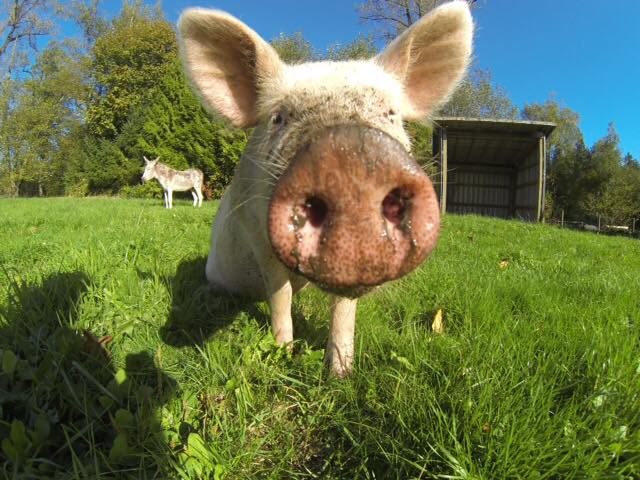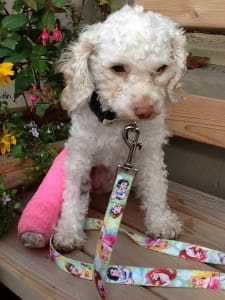 When Rosie’s guardian was given Rosie as a puppy, the two had an instant connection. Not only was Rosie an adorable and sweet puppy, but her gentle nature was especially helpful for her caregiver, who suffers from Post-Traumatic Stress Disorder.
When Rosie’s guardian was given Rosie as a puppy, the two had an instant connection. Not only was Rosie an adorable and sweet puppy, but her gentle nature was especially helpful for her caregiver, who suffers from Post-Traumatic Stress Disorder.
Soon after though, Rosie began to experience difficulty walking and a vet determined she had been born with a congenital defect in both hind legs that would only worsen as she aged. If the condition was not surgically corrected, she’d never walk normally again.
Her guardian, who is on disability for PTSD and whose roommate abruptly moved out leaving her to cover rent alone, desperately needed help. She was able to cover the cost of surgery for one of Rosie’s legs, but needed help finding the funds for her other leg. Rosie’s caregiver was worried that she wouldn’t get her companion the surgery she needed so she could walk, run and just be a dog!
Below is a video of Rosie before surgery.
No Title
No Description
It was heartbreaking to see her best friend struggle to move around and enjoy life as she should. Still, despite Rosie’s own limitations, she was her caregiver’s constant companion. The pair that took such good care of each other now needed a helping hand.
Rosie’s guardian reached out to VHS and, thanks to a very special anonymous donor, we were able to help Rosie with the surgery she needed and get her back on ALL fours! Her caregiver updated us that after her recovery period, Rosie is now enjoying life to the fullest – walking, running and playing! She tells us that seeing Rosie enjoy her new-found independence brings her such happiness and that she couldn’t be more grateful for the help from complete strangers in giving a little dog her freedom back.
Below is a video of Rosie post-surgery!
No Title
Rosie Post surgery
Rosie is like many other animals in need who VHS helps through our McVitie fund. Only through donations from supporters like you are we able to help low-income pet guardians with an emergency bill or in having their pet spayed/neutered.
This holiday season, please consider giving back to those in need by making a donation to the McVitie Fund. Your gift will be doubled thanks to a generous anonymous donor and all gifts are eligible for a tax receipt!



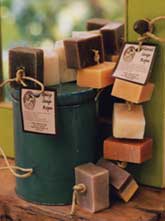


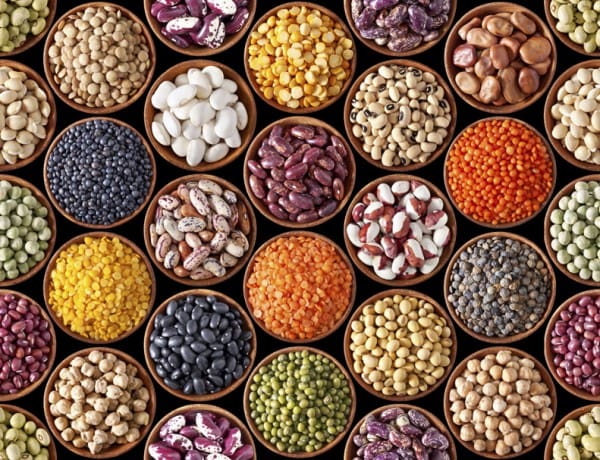
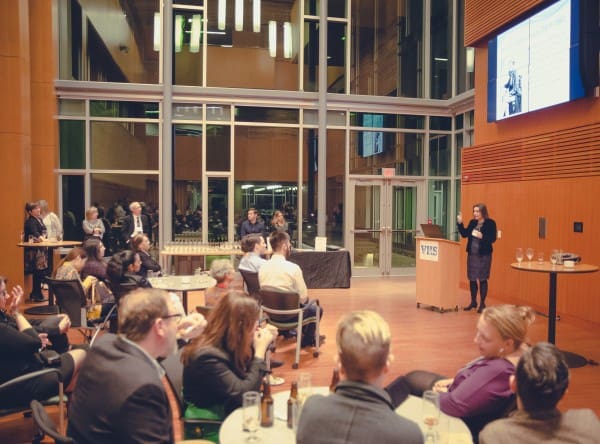

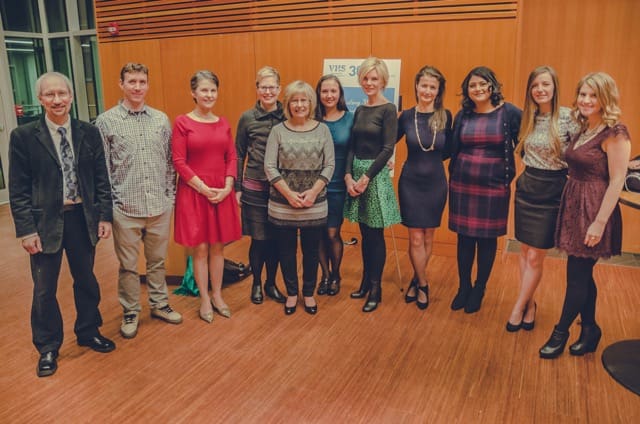
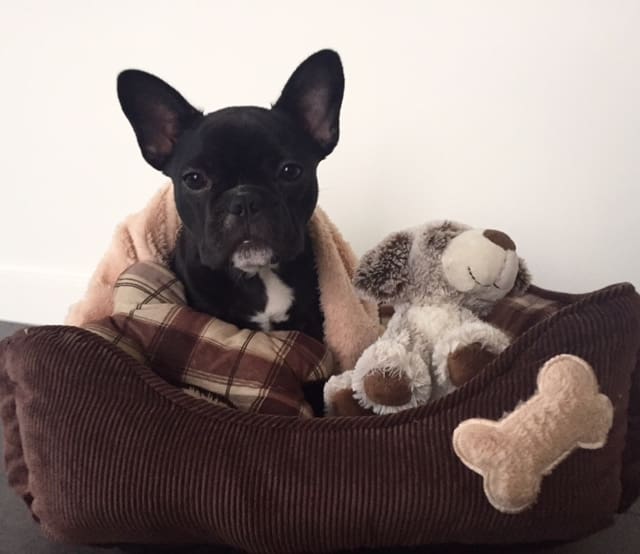
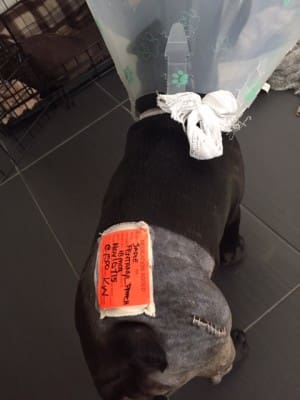 Sadie was diagnosed with a fractured femoral bone in her back leg and a severe bruising around her mouth and eyes. She needed expensive medication and her surgery needed to be scheduled within the following few days to ensure proper recovery.
Sadie was diagnosed with a fractured femoral bone in her back leg and a severe bruising around her mouth and eyes. She needed expensive medication and her surgery needed to be scheduled within the following few days to ensure proper recovery.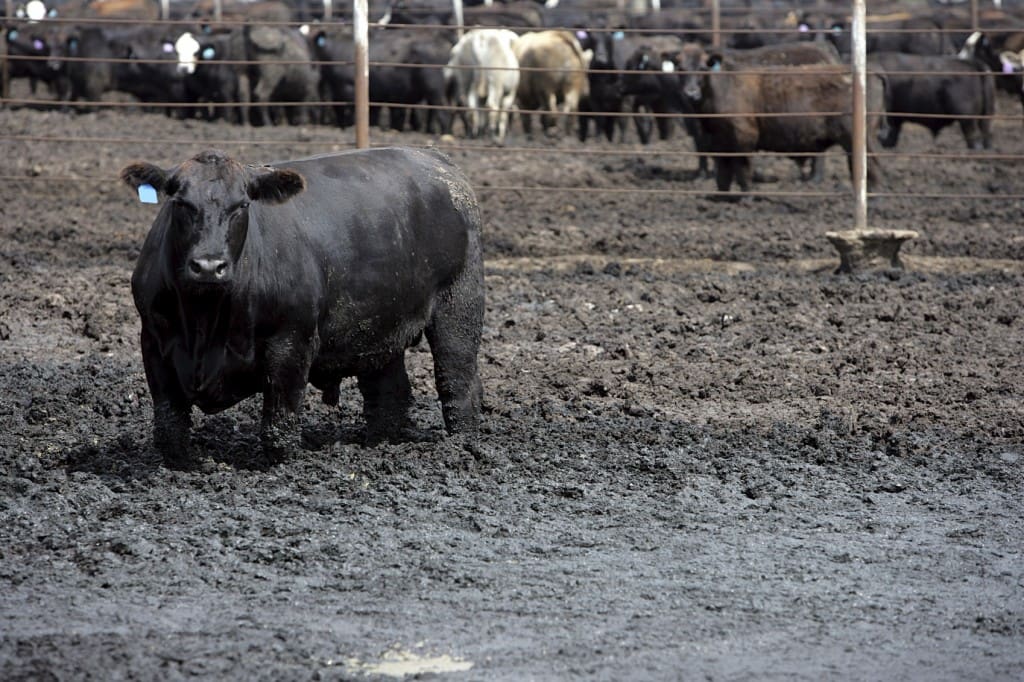

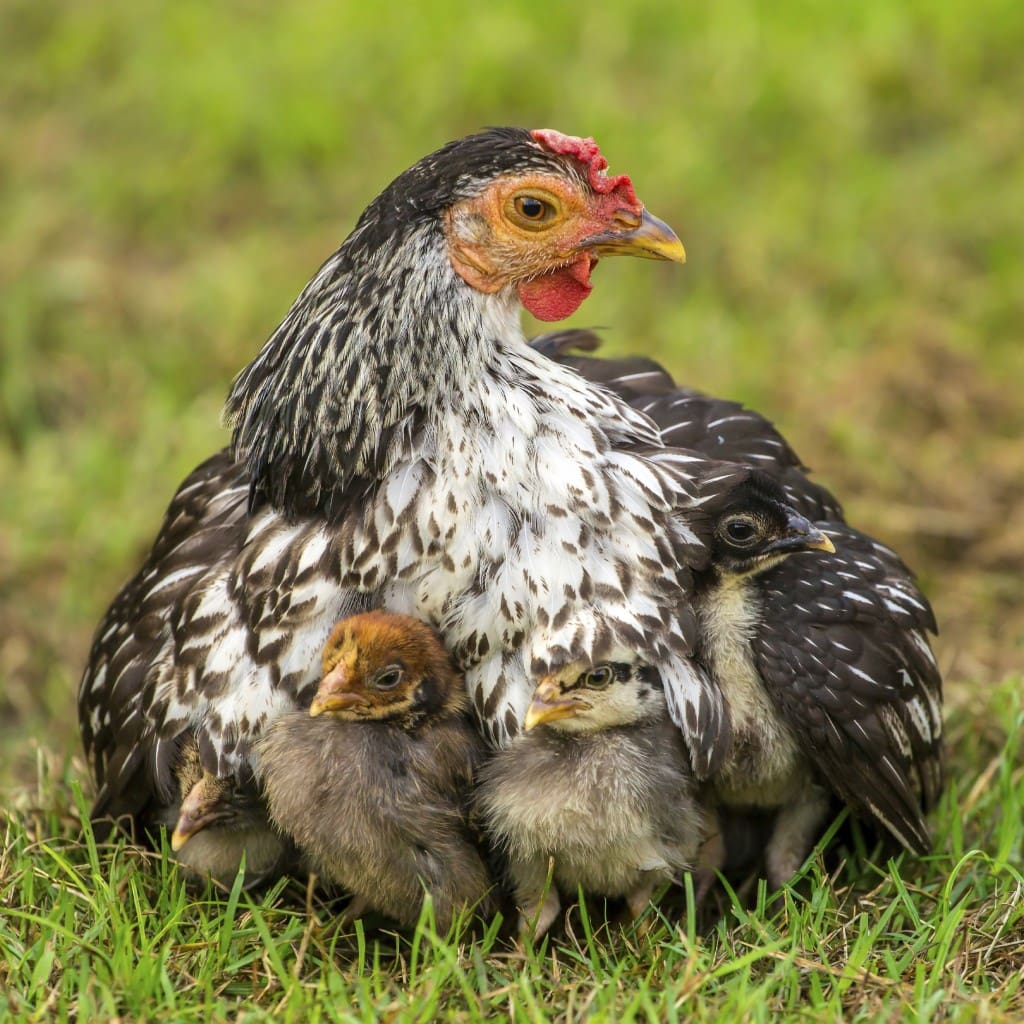
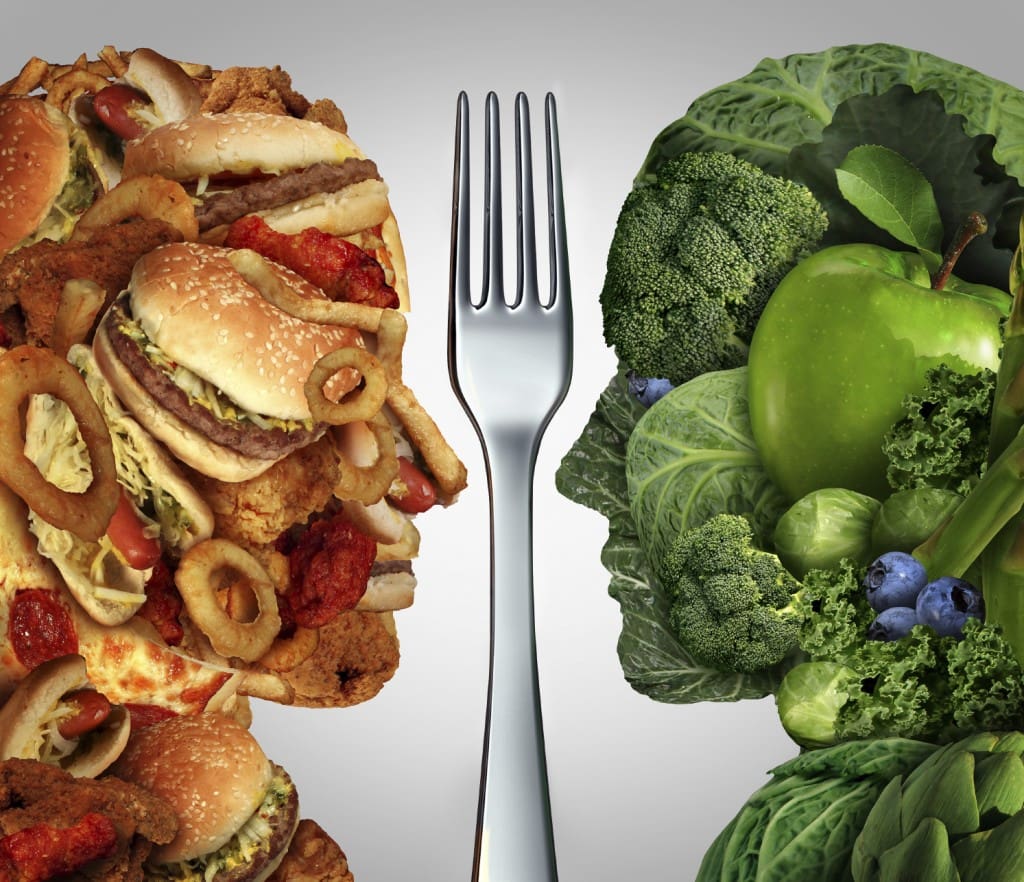
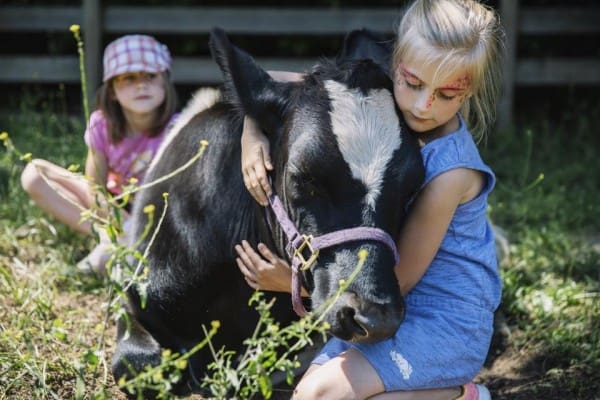
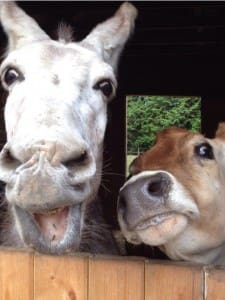 With an idyllic rural property and a few animals already running around, it didn’t take long before they started rescuing animals in need of care and a home.
With an idyllic rural property and a few animals already running around, it didn’t take long before they started rescuing animals in need of care and a home.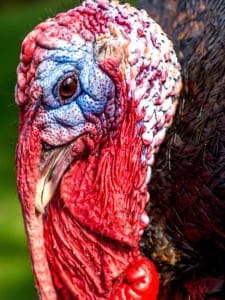
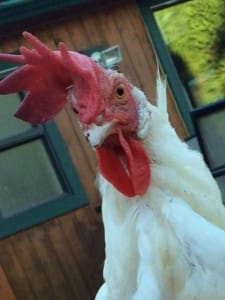 Stephen and Diane know they can’t save all of the animals who are casualties of our food system, but that doesn’t mean it’s not hard. Diane still thinks about an elderly pig who connected with her at an auction, and Stephen says he wishes they could help them all. He says, “Without a doubt, interacting with farm animals every day in a caring way will make you look differently at animal agriculture.”
Stephen and Diane know they can’t save all of the animals who are casualties of our food system, but that doesn’t mean it’s not hard. Diane still thinks about an elderly pig who connected with her at an auction, and Stephen says he wishes they could help them all. He says, “Without a doubt, interacting with farm animals every day in a caring way will make you look differently at animal agriculture.”